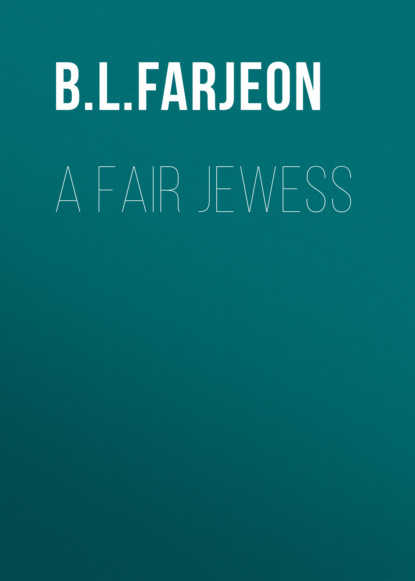Sayfa sayısı 350 sayfa
0+

Kitap hakkında
In «A Fair Jewess,» B. L. Farjeon crafts a compelling narrative set against the backdrop of 19th-century England, seamlessly weaving together themes of identity, love, and cultural tension. The novel's intricate character development and rich, evocative prose reflect the Victorian preoccupation with social class and ethnicity. It delves into the complexities faced by a Jewish woman navigating a society rife with prejudice, offering a poignant exploration of duality and self-acceptance. Farjeon employs a finely-tuned literary style marked by lush descriptions and heartfelt dialogues, showcasing the struggles of its protagonists in a society that both adores and despises difference. B. L. Farjeon, a distinguished English novelist and playwright, was known for his keen observations of society and its undercurrents. His experiences as the son of a Jewish mother and a Christian father afforded him a unique perspective on issues of cultural identity and faith. These personal experiences inform much of the narrative in «A Fair Jewess,» allowing Farjeon to imbue his characters with a depth of understanding rarely seen in his contemporaries, making the story resonate with authenticity and empathy. This novel is highly recommended for readers interested in the interplay of cultural identity and historical context, as well as those who appreciate a moving, character-driven narrative. Farjeon'Äôs exploration of societal norms and individual desires invites readers to reflect on their own perceptions of heritage and belonging, making «A Fair Jewess» not only a work of literary merit but also a timeless commentary on the human condition.
